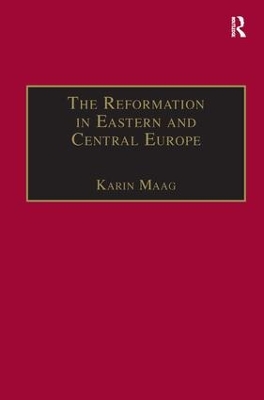St Andrews Studies in Reformation History
2 total works
This work provides a comprehensive and multi-facetted account of the Reformation in eastern and central Europe, drawing on extensive archival research carried out by Continental and British scholars. Across a broad thematic, temporal and geographical range, the contributors examine the cultural impact of the Reformation in Eastern Europe, the encounters between different confessions, and the blend of religious and political pressures which shaped the path of Reformation in these lands. By making the fruits of their research accessible to a wider audience, the contributors hope to emphasise the important role of eastern and central Europe on the early modern European scene.
This is an account of the intellectual and social history of this key institution, its host city, its staff and its students. It deals with the struggle between the town, which sought to push the academy towards a broader approach to education, including law and medicine, and the Reformed Church, which wanted the academy to become a seminary for Protestant clergy, Isolated from the European mainstream the academy developed new scholars, and new and influential scholarship. The author has traced the origins, studies and future careers of many students and teachers, linked these individual histories to the great movements of history during the period and combined all the work into an account of the central institution of Reformed Europe.

